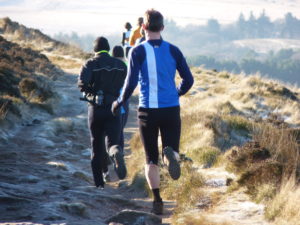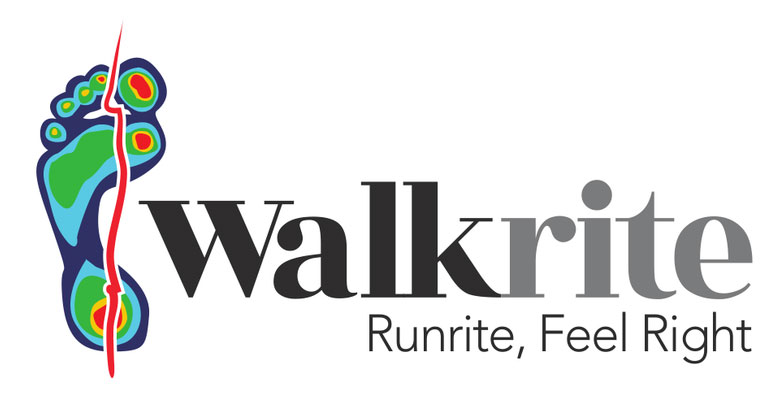 The average person takes between 3000 and 4000 steps each day (although it is recommended that we should take 10,000)! Gait re-training can reduce loading forces and, potentially, help with pain. Using video gait analysis, exercises programmes and other gait re-training techniques, it is possible to make simple changes to the way we walk and run in order to use the musculoskeletal system more efficiently and, thereby, takes the stress off the areas that hurt. Gait re-training is a simple and effective way of addressing movement dysfunction and can be done in day-to-day activities or during exercise, especially running, and can be a powerful way of changing symptoms during activity.
The average person takes between 3000 and 4000 steps each day (although it is recommended that we should take 10,000)! Gait re-training can reduce loading forces and, potentially, help with pain. Using video gait analysis, exercises programmes and other gait re-training techniques, it is possible to make simple changes to the way we walk and run in order to use the musculoskeletal system more efficiently and, thereby, takes the stress off the areas that hurt. Gait re-training is a simple and effective way of addressing movement dysfunction and can be done in day-to-day activities or during exercise, especially running, and can be a powerful way of changing symptoms during activity.
Running technique:
More people are embracing running as a cheap, convenient and enjoyable way to exercise and more people are running into later age. However, running more and more does not necessarily automatically lead to better performance as a runner and can lead to injury, secondary to repetitive overuse. There is no ‘right’ or ‘wrong’ way of running and it is not the case that you have to ‘run correctly’ in order to be injury-free or even good at running. Anyone who runs will know that running styles are hugely variable and, certainly in our experience, it is not the case that the runners with the best ‘form’ are the best runners……., however, we do know what the running gait cycle should look like, which joints and muscles should be moving and when and we are gaining a continued understanding of what movement patterns in running may be a contributing factor to altered loading forces and, therefore, potentially pain.
Recent developments in research have shown that it is possible to change running technique in order to address pain or improve efficiency. It is also a technique that can be used whilst running outside or on a treadmill. We continually update our knowledge as the research base expands and implement this in our clinical work in order to advise on how even slight changes whilst running can have a significant impact on recovery and the ability to run more efficiently. However, not everyone should be running the same way, so the plans and interventions we advise are specific to individuals based on the issue they are having.
